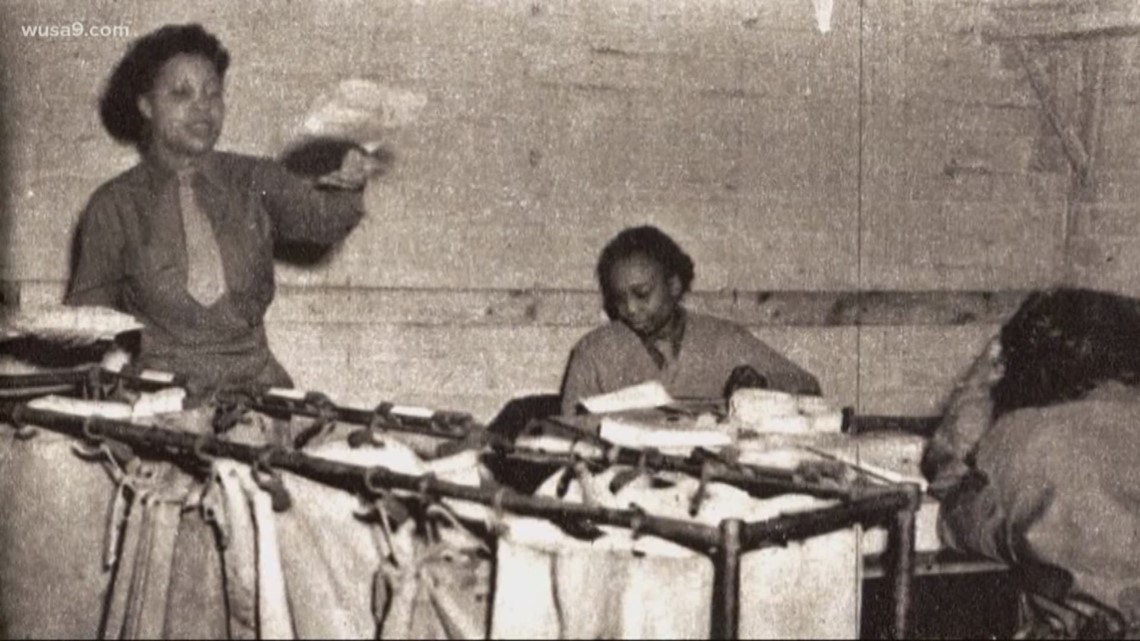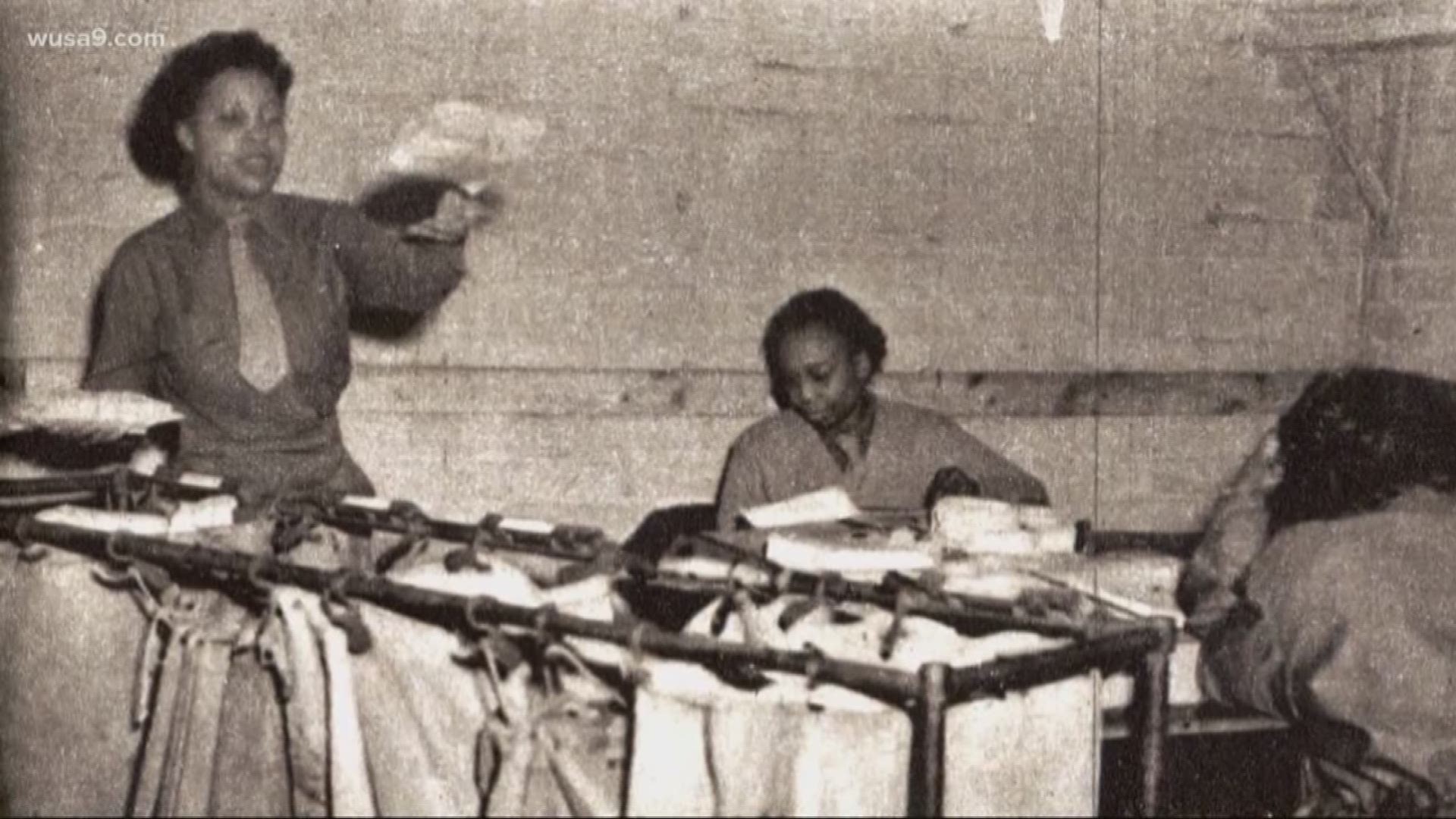WASHINGTON -- At the center of the National Memorial Day Parade Monday was an incredible story of sacrifice and service that you've likely never heard: the story of the only sizable unit of African American women to serve overseas during World War II.
More than 800 women went. Fewer than 10 are still alive. Three of them paraded down America's Main Street to the roars of the crowd.
It was the parade they never got when they returned home from the war in Europe.
The 6888 Postal Directory Battalion came back to segregated, Jim Crow America and were rarely recognized, rarely heralded.


Now that's changed.
"It means everything," Melody Campbell said, whose mother Maybelle, 98, was among the honorees recognized by the American Veterans Center, which organized the National Memorial Day Parade. "When they came back, they didn't receive anything. So It means everything to us that she's being recognized."
"They didn't even think about us," said Private Indiana Hunt Martin, 97, of Laurel, Md. "Just a soldier returning home."
Hunt Martin still can't quite believe the tribute.
"Tell you the truth, this was a big surprise, and it's wonderful to be able to come here," she said with a smile.
In February 1945, warehouses in England were crammed with millions of pieces of mail and Christmas packages, some simply addressed to "Buster, US Army." There were 7,500 letters for troops with the common name Robert Smith.
Advocates had pushed the military to offer African American women some meaningful role in the war, so commanders sent the Six Triple Eight to clear the backlog. They dodged German subs on the way over.
"I don't know about U-Boats," said Hunt Martin. "But something hit the side of the ship."
They worked in long underwear and overcoats in cold, dark warehouses in Birmingham, Roen, and Paris.
"When they showed us piles and piles of mail and boxes coming apart, it was something else," said Martin. But they cleared it. In three months, instead of the predicted six.
"They said we did a good job," the former Army private said. "70 years later."
Even today, Private Hunt Martin is modest about her service. "Honor the dead," she said, because they made the larger sacrifice.

